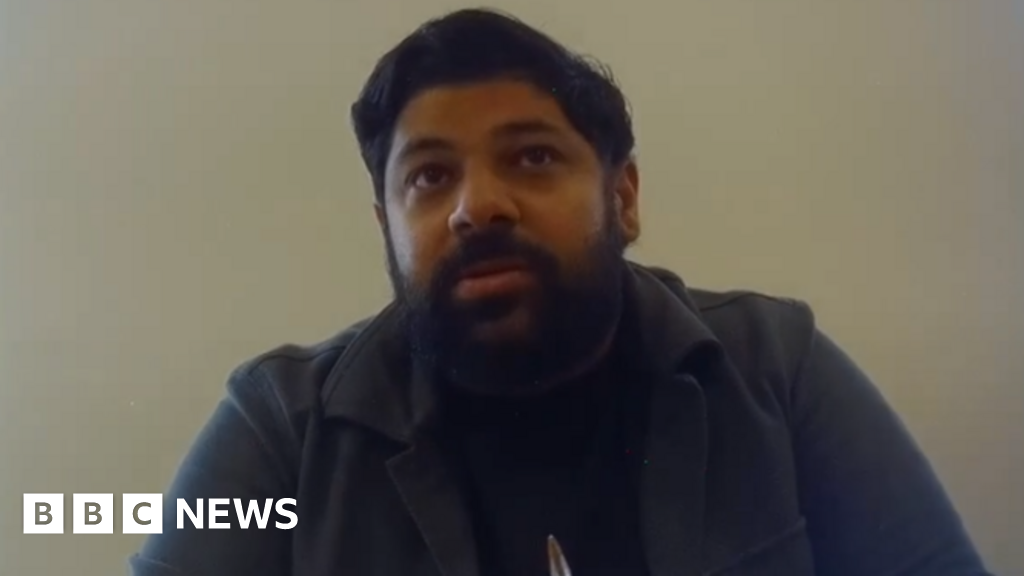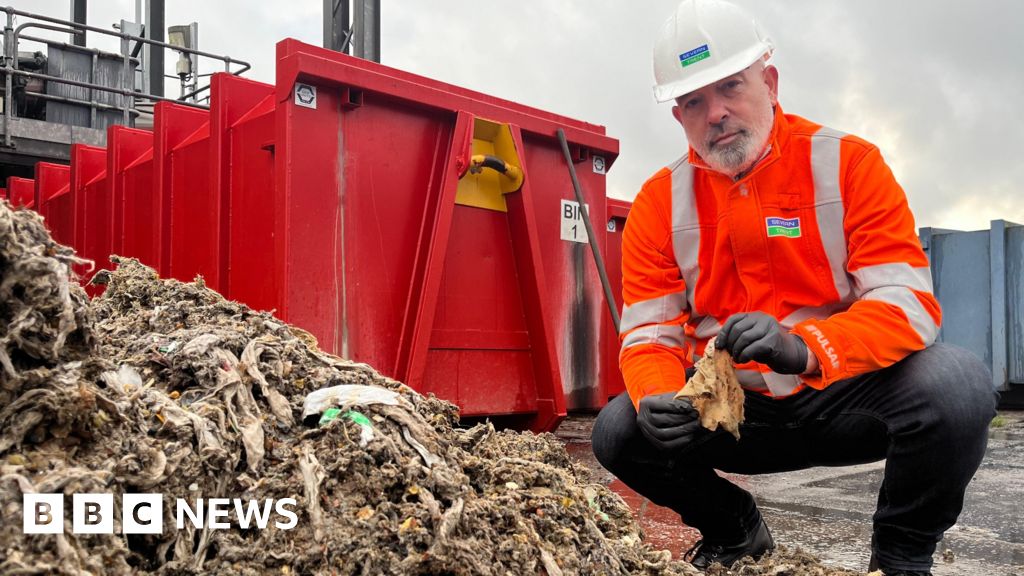Auto Amazon Links: No products found. Blocked by captcha.
For the past two decades, the Home Office has struggled with recurring and well-documented shortcomings in managing asylum seekers effectively. Home Secretary Shabana Mahmood has unveiled a sweeping and unprecedented plan that represents a significant shift in the legal and policy approach to the asylum system. Instead of focusing solely on the “duties” that the Home Office is obligated to fulfill, the government aims to clarify and exercise the necessary “powers” to regain control over the situation. Balancing this objective with the preservation of constitutional protections, such as those in the Human Rights Act, presents a considerable challenge.
Central to this new strategy—developed alongside ongoing efforts to dismantle trafficking gangs—is a major reform of the outcomes tied to refugee status. Currently, refugees accepted for protection are effectively granted indefinite residence in the UK, should they wish to remain. The proposed system introduces a temporary status known as “Core Protection,” offering safety for a minimum period of 30 months before a case is reviewed. While the government intends this to encourage voluntary return when conditions improve abroad, the practicalities remain uncertain, especially for those who establish lives, jobs, and families in the UK. Furthermore, refugees who come from regions that remain unstable will face a 20-year wait before becoming eligible for permanent settlement, unless they qualify for expedited status through employment or education.
In addition, the government plans to reduce financial support for asylum seekers who are eligible to work—currently about 20,000 people receiving £49 weekly. Others may be required to sell personal assets to fund their living costs, though officials are cautious to avoid the negative public perception associated with Denmark’s controversial policy of confiscating valuables. Families whose asylum claims have been rejected could also lose financial aid as part of an effort to encourage their departure. However, laws throughout the UK firmly prohibit leaving any child “in need,” making it unclear how the removal of support for asylum families will comply with this fundamental protection. Currently, approximately 700 Albanian families remain in the UK without legal status, yet the Home Office has not prioritized their removal. Historically, efforts to deport asylum-seeking families have been complex and politically sensitive, echoing tensions witnessed in past coalition governments.
A further element of the plan involves overhauling the asylum decision-making process. Drawing inspiration from Denmark, officials aim to implement a streamlined single-appeal system to accelerate conclusions and increase fairness. However, prior fast-track schemes have been struck down by courts for being rushed and unjust. Delivering a robust and equitable model will require unprecedented focus and dedication from the Home Office. Key to the reforms is introducing a stricter interpretation of the right to family life under Article 8 of the European Convention on Human Rights. Parliament will be asked to define family more narrowly as “immediate” relatives, seeking to reconcile human rights commitments with a firm stance against immigration abuse. Although evidence of widespread misuse of these protections is not yet available, the government must carefully construct these changes to avoid confrontations with the European Court of Human Rights, even though the UK seldom loses immigration-related cases there. The history of scandals such as Windrush and the specter of public disillusionment leading to political extremism underscore the urgency and delicacy of tackling asylum policy reform. One government insider cautions that this could be the last real opportunity for mainstream politicians to effectively address these longstanding challenges
Read the full article from The BBC here: Read More
Auto Amazon Links: No products found. Blocked by captcha.










